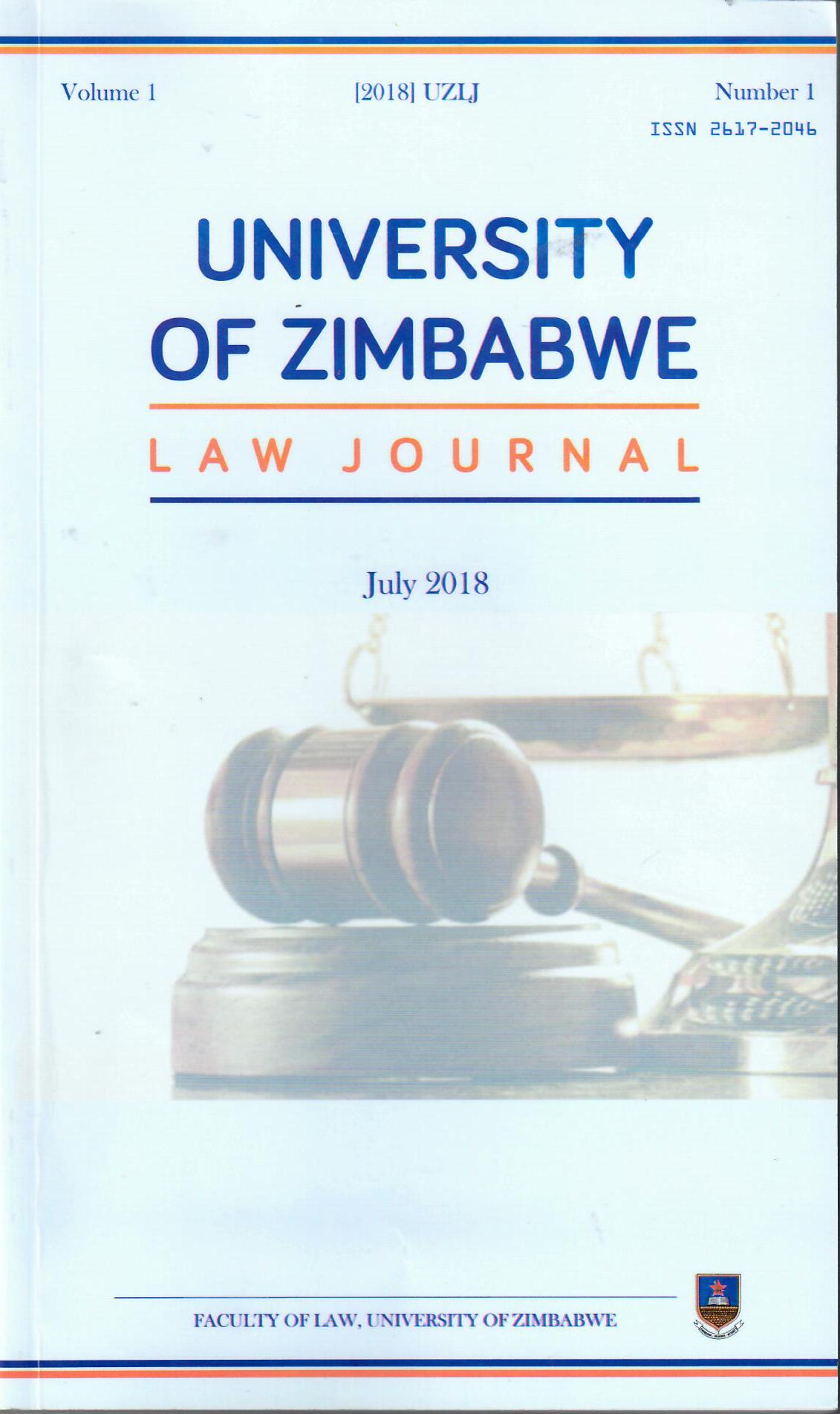The duty of bank confidentiality in South Africa and other jurisdictions such as Zimbabwe: Justifications, judicial limitations and legislative inroads rising from the need to avert crimes
Abstract
At common law, the bank is under an obligation not to disclose any of its clients’ information but to keep it confidential. Nowadays, the banks are confronted with two conflicting duties: the duty to maintain confidentiality of the customer’s information and the duty to disclose such information when special circumstances arise. Until Prevention of Organised Crime Act (POCA) and Financial Intelligence Act (FICA) many legislative interventions to the duty of confidentiality were characterised as ‘reactive’ because the bank would only disclose information upon receiving a request from higher authority’.2 The importance of the duty of confidentiality is that it has been recognised for centuries and that the courts have analysed the role of the banks and the relationship between a bank and its customer in imposing a qualified duty of confidentiality’.3 For this reason, it would be unthinkable to dismiss the duty of confidentiality in today’s life because of technological innovations. In determining whether the duty is still relevant or not this paper will discuss the historical
significance of the duty of confidentiality in enhancing the bank customer relationship; the judiciary recognition in South Africa and other jurisdictions such as Zimbabwe; judiciary limitations imposed on the duty; and legislative inroads arising from the need to avert transactional crimes. Finally, I will give possible recommendations that might improve the application of the principle to achieve best practice both in business and banking law.

Downloads
Published
Issue
Section
License
Copyright (c) 2020 Jesca Genius Machokoto

This work is licensed under a Creative Commons Attribution-NonCommercial-ShareAlike 4.0 International License.
